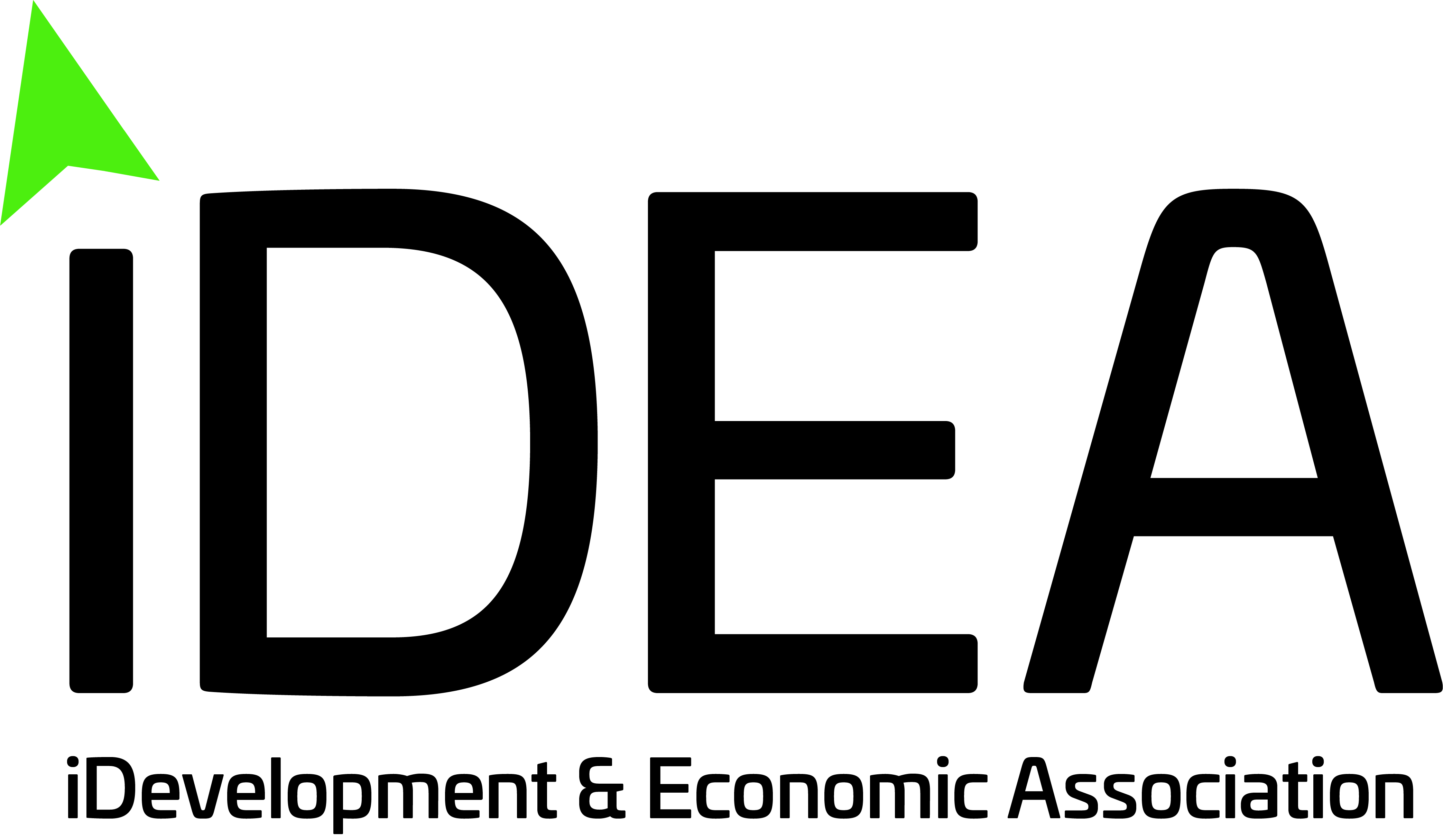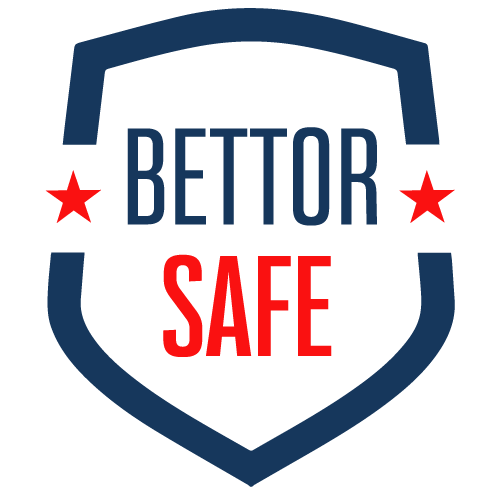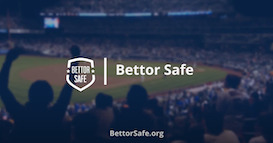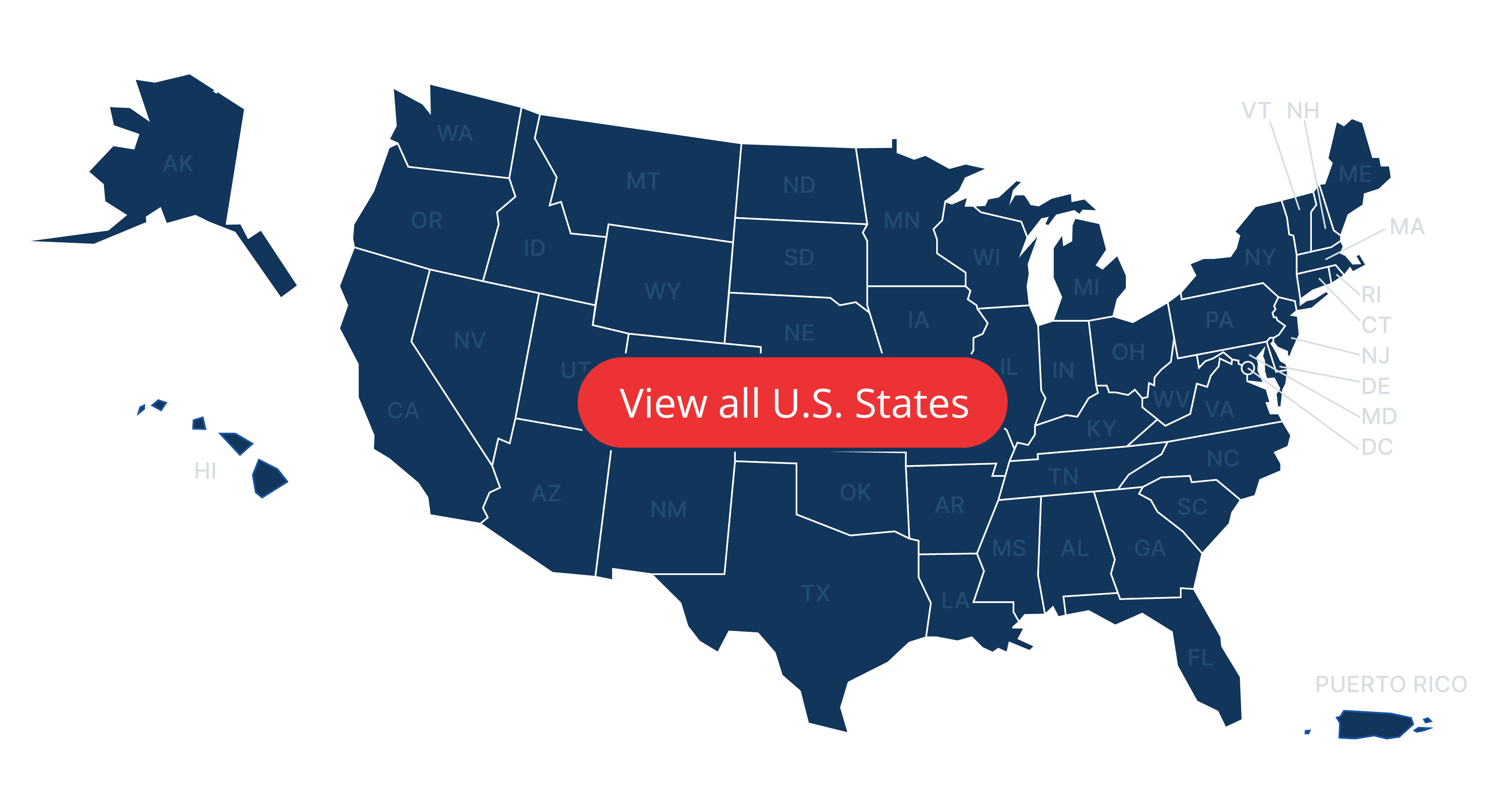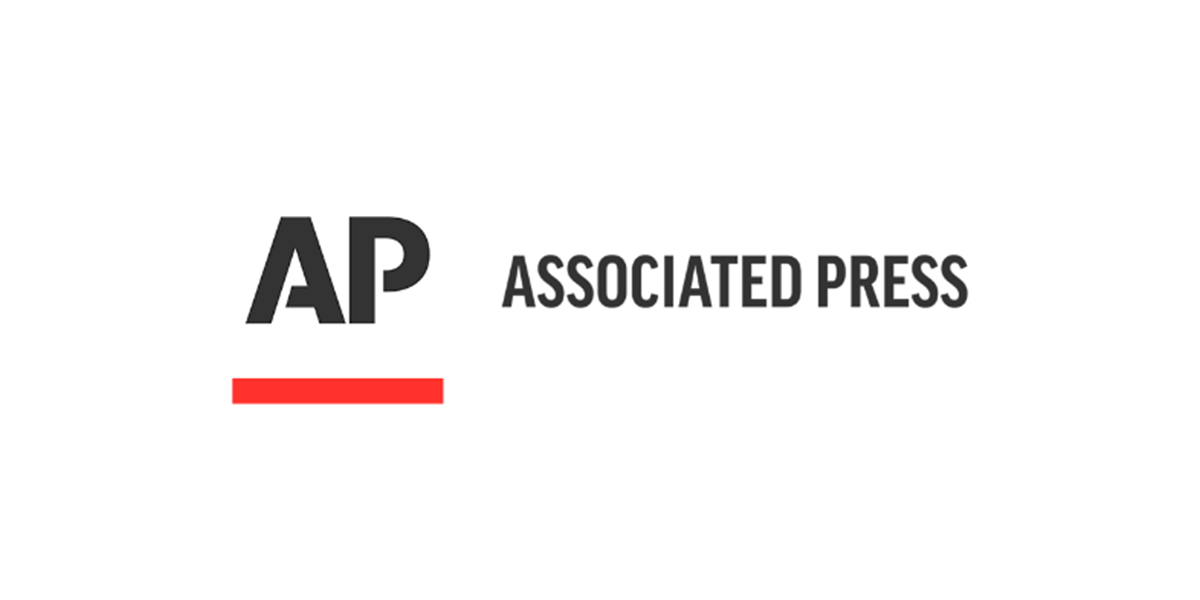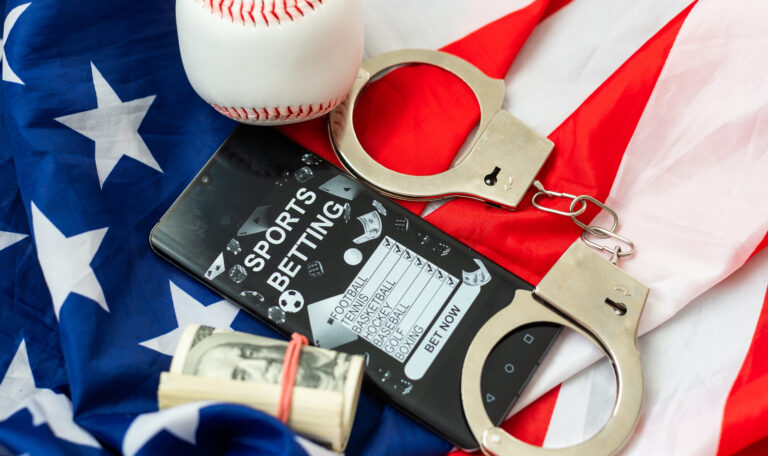When you place a bet on an illegal website, you risk losing it all.
Bettor Safe Pennsylvania
Learn More
Click HereBettor Safe New Jersey
Learn More
Click HereBettor Safe Pennsylvania
Learn More
Click HereBettor Safe New Jersey
Learn More
Click HereWhat’s At Stake
Legal operators will:
Pay out your winnings.
Protect your identity.
Promote responsible gaming.
Be accountable to regulators.
Ensure fair play through tested and regulated software.
Support state economies.
Illegal operators can:
Rob you of your winnings.
Steal your identity.
Fuel problem gambling.
Offer zero accountability to consumers and regulators.
Stack the deck against consumers.
Deprive states of needed revenue.
Legal operators will:
Pay out your winnings.
Protect your identity.
Promote responsible gaming.
Be accountable to regulators.
Ensure fair play through tested and regulated software.
Support state economies.
Illegal operators can:
Rob you of your winnings.
Steal your identity.
Fuel problem gambling.
Offer zero accountability to consumers and regulators.
Stack the deck against consumers.
Deprive states of needed revenue.
What to ask
Ask yourself these questions before placing your bet:
Is online betting legal in the state? Bet Safe, Bet Local
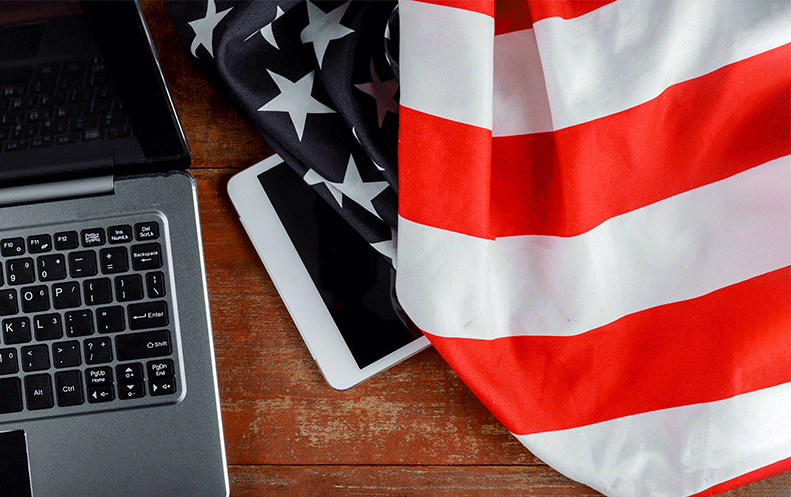
Is enough being asked in the registration process?

Is the site approved by the state regulator?
Is there a Responsible Gaming program?

Can you use cryptocurrency to place your bet?

What Others Are Saying
The regulator community sees, first hand, the risks that illegal gambling present to consumers and state governments. We cannot cede the established rules and safeguards of regulated internet gaming to offshore websites that have zero accountability. NAGRA is pleased to support Bettor Safe and we encourage all stakeholders to rally behind this campaign to educate consumers and stamp out unregulated internet gambling.
The only way to maximize benefits from sports betting is to minimize problem gambling harm. Together with all stakeholders who will profit from sports betting our challenge is to implement measures to reduce that harm as much as possible even as sports gambling expands across the nation….Everyone who profits from sports betting bears responsibility for gambling problems
Frequently Asked Questions
The Bettor Safe campaign is designed to raise awareness so that consumers can more easily differentiate legal from illegal betting sites and make the safe and secure choice if they choose to bet online. The campaign was launched in association with GeoComply, which is committed to strengthening consumer protections.
Consumers betting on illegal sites have no legal protection safeguarding their wager, their identity and their financial information. By entering personal details and payment information on an illegal site, you are handing this information to an unregulated entity that is not subject to government oversight or legal recourse. This means that there is no guarantee that funds deposited into account are protected. It also means that there is no way of knowing whether the game you are playing has fair odds, or whether the odds have been stacked against you. In addition, by choosing to support unregulated operators, your wagers may be supporting illegal activity including money laundering.
If you choose to bet, doing so on a legal site protects your wager and also safeguards your identity and financial information from fraud. Unlike illegal sites that lack regulations and safeguards, legal sites are regulated by state agencies, ensuring winnings are paid out, the odds are fair and that responsible gaming measures are available.
By using a legal site, you are supporting local services and communities rather than funding illegal activity. In states that allow legal online betting, the taxes generated from betting revenue help to fund education, improve infrastructure, support first responders and provide other essential services. In most cases, online betting is done in partnership with the land-based gaming industry or state lottery meaning that when you bet legally online, you are supporting a local industry and local jobs.
RESOURCES

American Gaming Association (AGA)
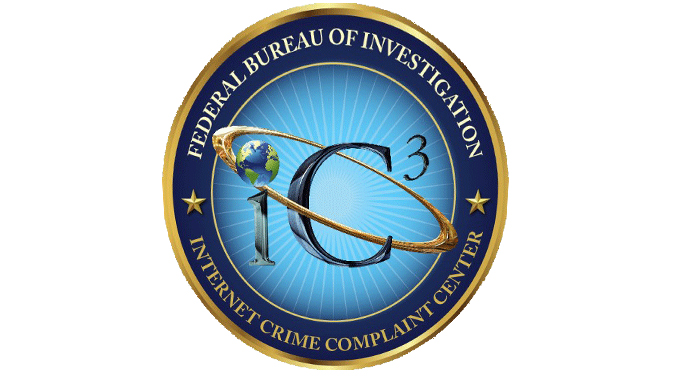
FBI’s Internet Crime Complaint Center (IC3)
GeoComply
Federal Trade Commission (FTC)

National Council on Problem Gambling (NCPG)

eConsumer.gov
